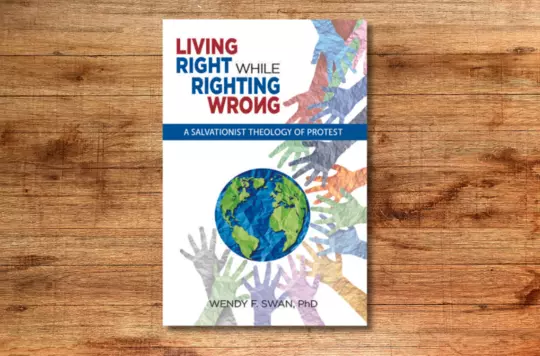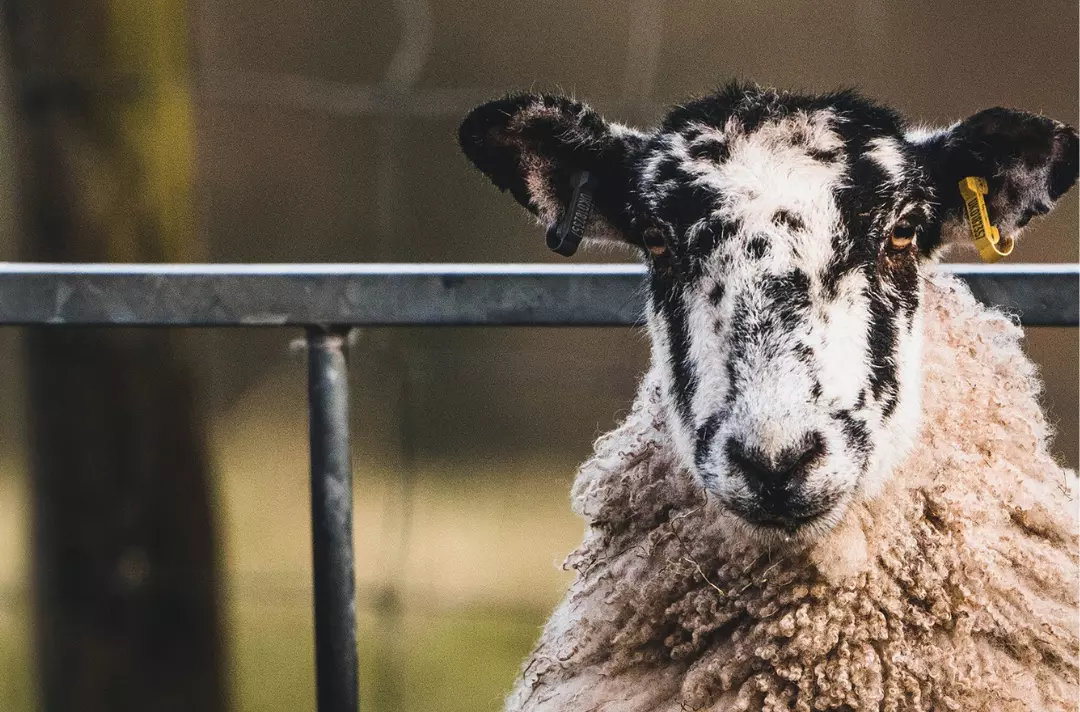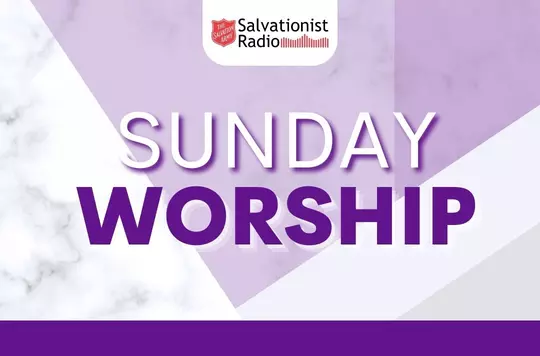6 January 2024
The good shepherd: God's kind of leadership
Major Mark Rose
Major Mark Rose explores Jesus’ way to lead.
Key text
When I was a cadet, I used to travel home on Saturdays to play football for Sheffield Citadel in the local league. It meant getting up at 5.30am to catch the first train to Chesterfield, having breakfast with Mum and Dad, travelling into Sheffield to play the game and then heading home again. I would often get back so late that the college was locked, and I needed to sneak in over the wall or through a window that was left open to avoid getting caught out after curfew.
John 10:1 reminds me of those days: ‘Anyone who does not enter the sheep pen by the gate, but climbs in by some other way, is a thief and a robber.’ I was not a thief, but I was selfishly breaking the rules and putting my love of football above the needs of my wider community.
Pause and reflect
- When have we been guilty of putting our wants before the needs of those in our community?
In verse 1, Jesus emphasises the importance of his words with ‘very truly’. In the Old Testament, a prominent leadership metaphor is that of a shepherd. In John 10, Jesus addresses those who saw themselves as the shepherds of the day – the Pharisees. Rather than commending them for their pastoral care, he condemns them as ‘thieves and robbers’.
John 9 ends with the Pharisees throwing a healed blind man out of the synagogue, effectively cutting him off from society. In verse 41, Jesus tells them that they are wrong. In John 10:1–5, Jesus tells them how they are wrong. They are using their position to boost their own esteem and not for the benefit of those who need them. Like thieves, they have come to take and not to give.
Pause and reflect
- How can we spot wall-climbing leaders in our world and in our fellowships?
In verse 2, Jesus shifts his metaphor from the negative to the positive. He paints a picture of how a true leader enters the sheep pen. Jesus is not talking about himself but highlighting how servant leaders work among their communities. By entering via the gate, they show that they are leaders who are in relationship with their sheep.
They have taken time to get to know their flock, so much so that they know their names and the sheep recognise the shepherd’s voice. Unlike the western idea of shepherds driving sheep, these shepherds lead their sheep by treading the terrain before ever expecting their sheep to go that way.
Pause and reflect
- Who are the shepherds we have followed and why?
In verse 7, Jesus gives us another ‘very truly’ statement: ‘I am the gate for the sheep.’ Good leaders are shepherds who are prepared to come between their sheep and the things that threaten them. They give themselves to their community.
Some commentators believe the ‘gatekeeper’ of verse 3 refers to the Holy Spirit. Putting these pictures together, we see Jesus tending and protecting his sheep through the power of the Holy Spirit. Under such pastoral care, the sheep enjoy the freedom to ‘come in and go out’ (v9) in the secure knowledge that the shepherd will protect them.
Here, the words of Psalm 23 come readily to mind: ‘He makes me lie down in green pastures… Surely your goodness and love will follow me all the days of my life.’
Secure and nourished within a sheepfold, in which Jesus is the gate and the Spirit is the gatekeeper, the flock enjoys a place of abundance – a place where they can have ‘life in all its fullness’ (John 10:10 Good News Bible).
Pause and reflect
- Where do we see this abundance or fullness of life in Christ Jesus?
- If we don’t, what attitudes or situations do we need to change to realise this?
From verse 11 onwards, Jesus sets out what he has said in the previous metaphor: ‘I am the good shepherd.’ Jesus is the ultimate shepherd who loves his sheep so much that he is prepared to lay down his life for them. He is not afraid of the predator. Unlike the hired hand, he does not abandon his sheep when they need him the most.
In verses 14 and 15, Jesus emphasises personal relationship – his relationship with his Father and his relationship with his sheep. Christians do not follow a philosophy; we follow a person.
Personally, I want to be a shepherd who follows the example of the Good Shepherd.
Pause and reflect
- As you read verses 11 to 15, what song comes to your mind?
- Use it as a starting point for prayer.
In verse 16, Jesus says that he has ‘other sheep’. They belong to him but are not yet part of this sheep pen. They will listen to his voice, follow him and become part of the ‘one flock’ with the ‘one shepherd’.
Isaiah says that God’s flock will become ‘a light for the Gentiles, that my salvation may reach to the ends of the Earth’ (Isaiah 49:6). Daniel looks to a time when all ‘nations and peoples of every language’ will worship God (Daniel 4:1).
Pause and reflect
- What can we do to help people in our community hear the voice of the Good Shepherd and discover life in all its fullness?
As I type these words, I find myself singing the words of Arch Wiggins’s ‘Thou Art the Way, None Other Dare I Follow’ (SASB 628). My prayer is: ‘O take me, and my calling seal!’
Bible study by

Major Mark Rose
Divisional Commander, East Midlands
Discover more

Major Heather Poxon (THQ) reviews Living Right While Righting Wrong by Colonel Wendy Swan.



